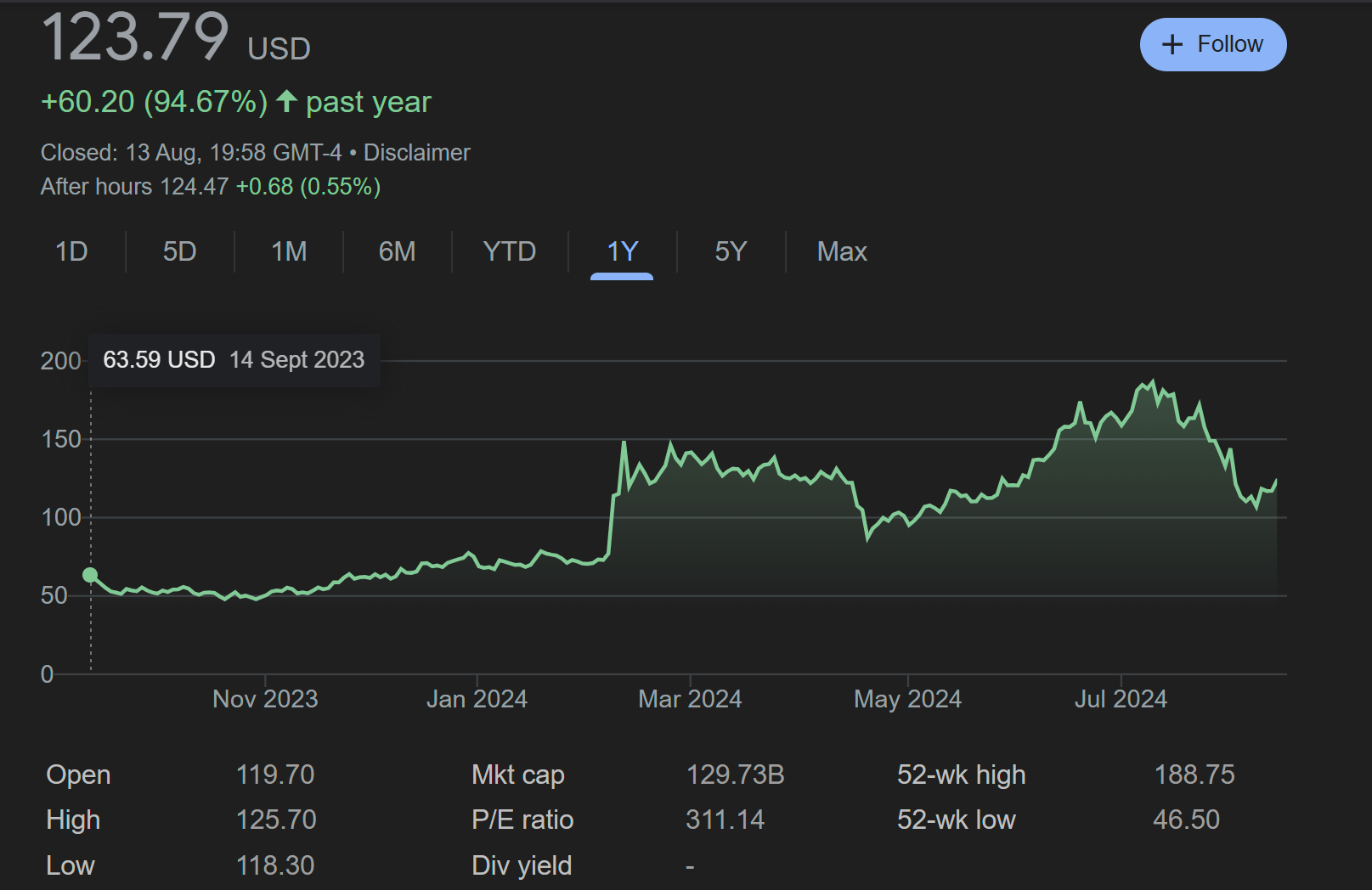What just happened? Intel has sold its stake in chip design giant Arm amid one of Team Blue's biggest restructuring and cost-cutting pushes in decades. The sale of 1.18 million shares is likely to have raised $147 million for the company, which is currently dealing with a major crisis.
Intel sold off its Arm shares quietly; the only public acknowledgment of the sale was an update to its equity holdings disclosure (.PDF) in which the 1,176,470 shares in Arm Holdings were missing.
Intel posted weaker-than-expected quarterly results at the start of August: revenue was down 1% to $12.83 billion, missing analyst expectations of $12.94 billion. Chipzilla also revealed a $1.61 billion net loss and lowered its forecast for the current quarter. Shares fell 26% in a single day to their lowest point since 2013, making it the worst trading day for Intel since 1974.
The US tech giant has announced a $10 billion cost-reduction program that will see 15,000 employees, or around 13.6% of its workforce, laid off. It's also suspending its fiscal fourth-quarter dividend and plans to reduce capital expenditures.
Arm's share price has risen 96% since its IPO in September 2023. Selling the stake also means that Intel will lose the voting rights it had at Arm.
In addition to its disappointing financials, Intel is dealing with the Raptor Lake CPU stability issues that are proving to be a nightmare for the firm. There's also a class action investor lawsuit that claims the company lied about how well its foundry business was performing, and concerns over Intel's profitability have seen credit rating agency Moody's downgrade the company's senior unsecured rating to BAA1 from its earlier A3 rating. The financial problems resulted in Intel postponing its Innovation event from September until 2025.
Intel might be trying to raise more cash as it deals with one crisis after another, but it hasn't sold all its shares. It still has stakes in flying taxi firm Joby Aviation, AI/machine learning networking company Astera Labs, smart medicine maker Senti Biosciences, and open-source database developer MariaDB.
In what was more bad news for Intel, the recent Mercury Research report showed that its shares of the x86 desktop and laptop markets were being eroded by AMD. A situation that's likely to get worse due to the Raptor Lake problems.

